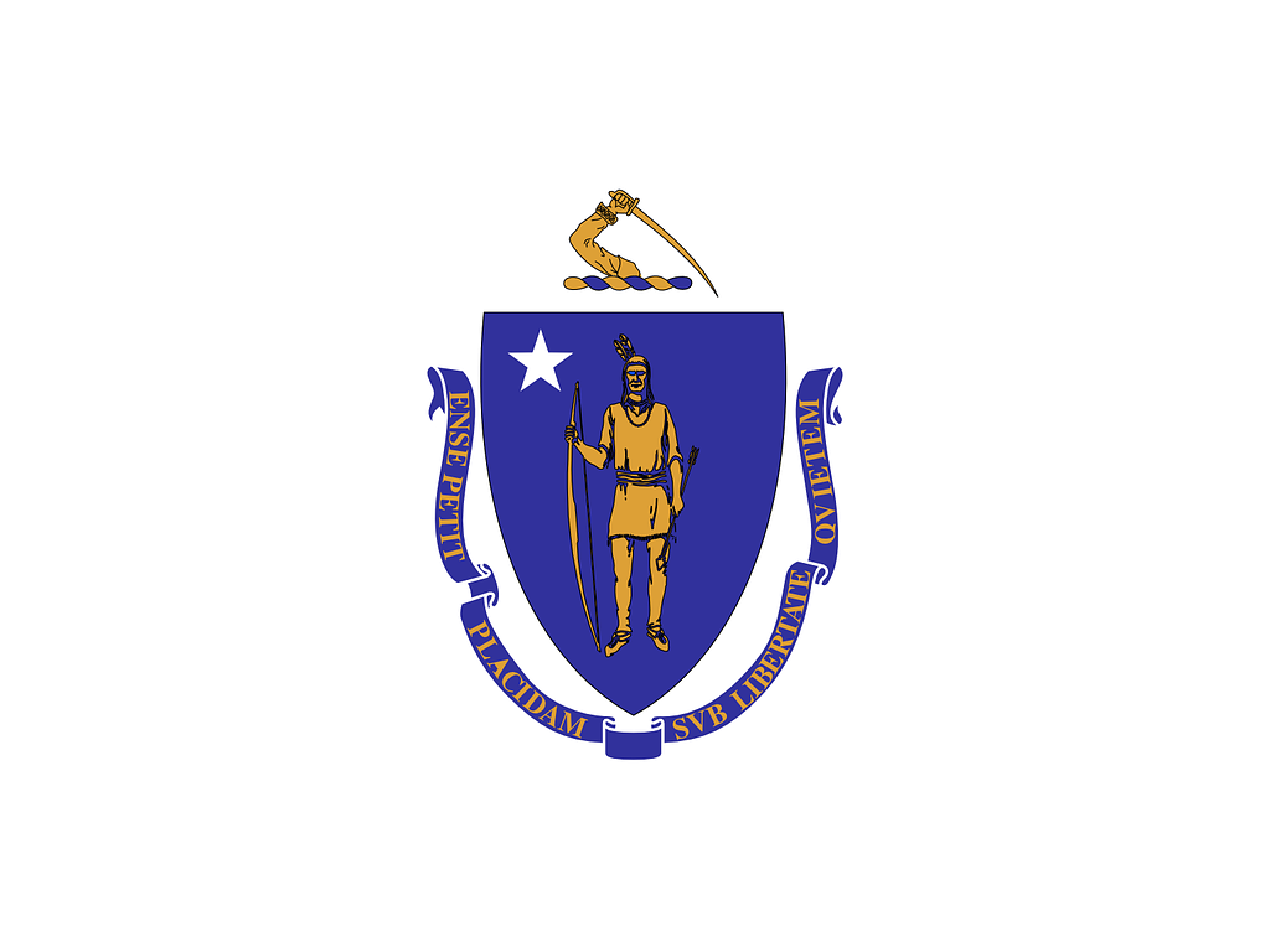
The original resolution presented to the Amherst Town Council in May called for “the use and possession of all controlled substances should be understood by Town departments, agencies, boards, commissions, and all employees of the Town first and primarily as an issue of public health, harm reduction, and as a restorative racial justice initiative.”
The proposal aims at deprioritizing the production and distribution, as well as decriminalizing the use and possession of psychedelic substances by people over 21 years old. After facing rejection, the document was revised and sent to the Council for reconsideration in June.
Titled “A Resolution Protecting Adult Access to Plant Medicines & Prioritizing Public Health Responses to Controlled Substance Possession”, the new version adds a paragraph with a detailed list of substances to whom the term “psychedelic plant” applies. Yet its fundamental change resides in the specification of the amount of psychedelic substance the deprioritization and decriminalization measures should consider for their enactment: up to 5 grams of any of the controlled substances.
After discussion, the amendment was again set aside, referring it back to the Governance, Organization & Legislation Committee. Some members of the council said they support decriminalization in principle but had a problem with passing a measure on the local level on an issue that they see as more of a state responsibility. Presumably, the resolution will need to be reworked in committee, and its provisions changed somewhat, in order to get the majority of support on the full council that’s needed to pass it.
Four other Massachusetts cities have already passed similar policies towards making enforcement of laws against psychedelics and other drugs among their lowest law enforcement priorities. They are Somerville, Cambridge, Northampton and Easthampton. Adding Amherst to that list would signify a big step in the state’s efforts to allow therapy models including psychedelics consumption.
In this sense, it is worthwhile considering the proposed bill was sponsored by councilors as well as community sponsors, including the University of Massachusetts Amherst and the Bay Staters for Natural Medicine (BSNM). As reported by Marijuana Moment, BSNM is helping towards the organization of a statewide effort, creating a legislative process in the state through which citizens can make their representatives file bills “by request”, even if the sponsor doesn’t personally back the policy.
Massachusetts is one of the states where the psychedelic legal battle is most ongoing. Oregon, Colorado, Maryland, California, Georgia, Utah, Washington and Oklahoma are all part of that list, passing bills intended to create a state fund for medical programs and the study of the therapeutic use of psychedelics, to provide cost-free access to psychedelics to war veterans, or even to decriminalize the possession of certain psychedelics.
Photo Courtesy of Pixabay.







